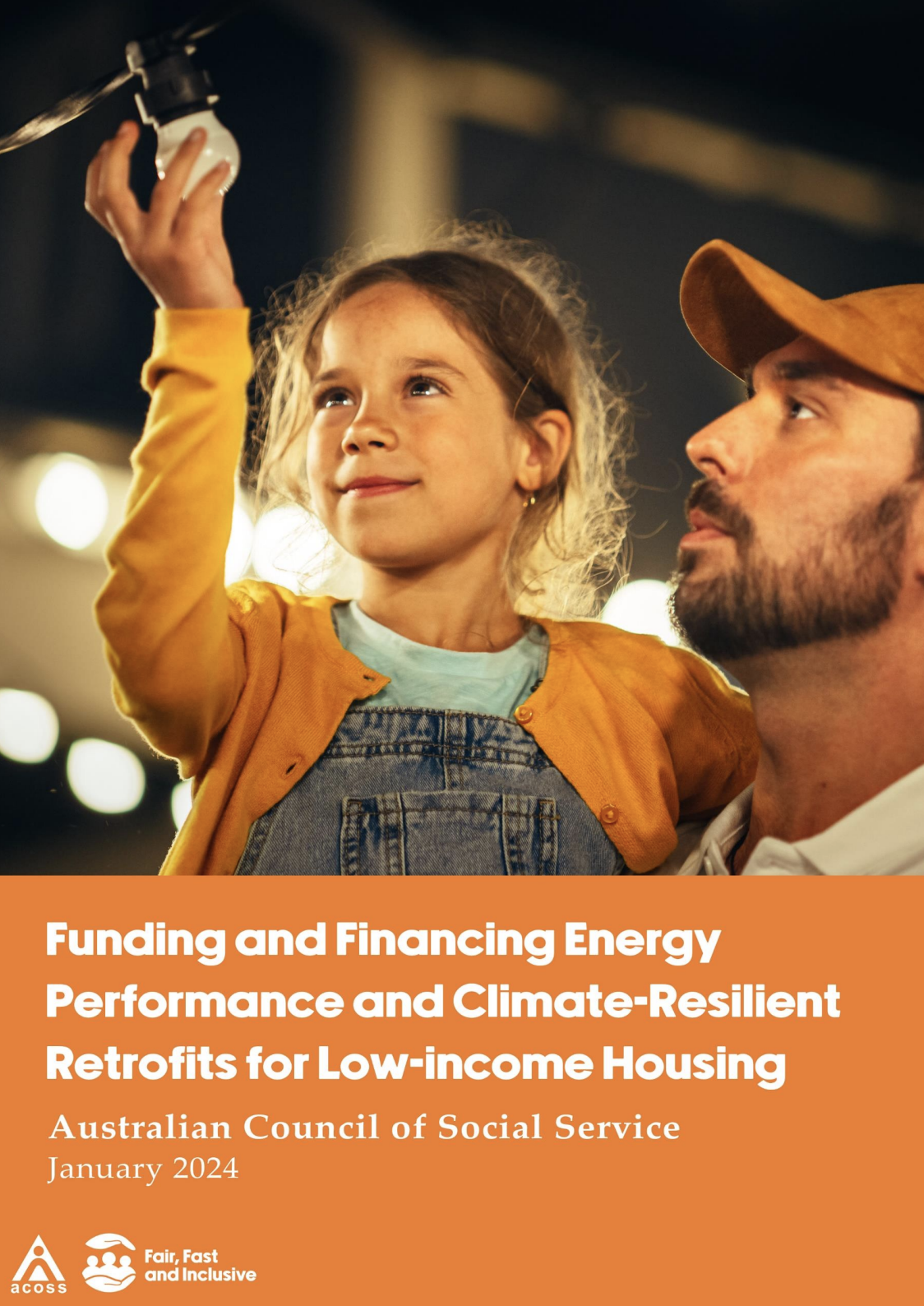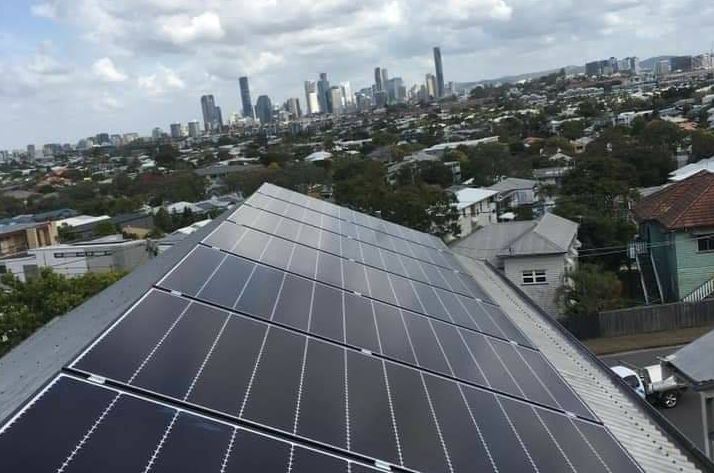The ACOSS Funding and Financing Energy Performance and Climate-Resilient Retrofits for Low-Income Housing report was released on Monday, Feb. 12. It states that 8 million Australian homes built prior to Nationwide House Energy Rating Scheme (NaTHERS) score an average of 1.7 out of a possible 10, compared to new homes, which must rate between 7 and 10.
NatHERS is a nationwide rating scheme for new homes, recently expanded to “whole of home” to include solar panels and batteries to measure energy use (scored out of 100).
The report highlights 6.8 million homes in Australia are without rooftop solar and approximately 1.8 million are low-income households, which include 400,000 public and community dwellings, and 270,000 private rental households on the lowest incomes.

ACOSS Climate and Energy Program director Kellie Caught called on the federal government is to establish a Special Purpose Funding Vehicle to provide rolling funds for the upgrade of low-income social and private dwellings.
“Funding upgrades to make homes electric, solar and climate resilient will reduce poverty, protect against heat-related illness, bring down the cost of power and create local jobs while turbocharging Australia’s emissions reduction targets.”
“The federal government should prioritise investment now to cut household energy bills, and ensure disadvantaged people and communities are not left behind in the energy transition,” she said.
The Australian Photovoltaic Institute has completed analysis of the types of savings available to low-income homes referenced in the report. The analysis shows the average bill reduction for a family of four, using 15 kWh of energy per day with a 6.5 kW solar system, is between $1,134 (USD739) a year in Victoria and up to $1,822 (USD1187) in South Australia.
The federal government is already dedicating funds to support the electrification of households through several schemes, including the $1 billion Household Energy Upgrades Fund, which provides loans to upgrade homes with battery-ready solar, modern energy-efficient appliances and other improvements.
State and territories
States and territories are also rolling out a swathe of initiatives targeting low-income and social housing such as the Sustainable Household Scheme (ACT), which provides zero interest loans for households to install solar, batteries, high efficiency electric appliances, insulation, electric vehicles and chargers, and roof top solar rebates or the Home and Business Battery Scheme Grants (Northern Territory) of $450 per kWh of capacity up to a cap of for household battery systems.
The Smart Energy for Social Housing plan (WA) involves solar panels installed on 500 social housing properties and battery storage systems for regional towns to enable an additional 10 MW of rooftop solar to be installed on regional households by improving grid stability.
The NSW government has in place its Solar for Low Income Households Rebate Swap that helps eligible low-income households to install a free 3 kW solar system and together with the federal government earmarked 30,000 homes for energy upgrades.
The Special Purpose Funding Vehicle sought by ACOSS is in addition to these initiatives, seeking an all-encompassing $2 billion package to provide rolling funds for upgrading low-income housing, including a seven-year program to fund energy performance and climate resilience retrofits for all public, community and First Nations community-controlled housing.
The establishment of an Environmental Upgrade Finance (EUF) program through the states and federal government would provide long-term and low-interest loans that are repaid through council rates along with zero-interest loans and subsidies for low-income owner-occupiers.
Low-interest loans and conditional subsidies would be provided for landlords for private rental properties tied to minimum energy standards until the EUF is up and running.
“Direct government funding for low-income housing would build economies of scale and market capacity to slash housing retrofit costs across the board,” ACOSS’ Caught said.
This content is protected by copyright and may not be reused. If you want to cooperate with us and would like to reuse some of our content, please contact: editors@pv-magazine.com.








2 comments
By submitting this form you agree to pv magazine using your data for the purposes of publishing your comment.
Your personal data will only be disclosed or otherwise transmitted to third parties for the purposes of spam filtering or if this is necessary for technical maintenance of the website. Any other transfer to third parties will not take place unless this is justified on the basis of applicable data protection regulations or if pv magazine is legally obliged to do so.
You may revoke this consent at any time with effect for the future, in which case your personal data will be deleted immediately. Otherwise, your data will be deleted if pv magazine has processed your request or the purpose of data storage is fulfilled.
Further information on data privacy can be found in our Data Protection Policy.